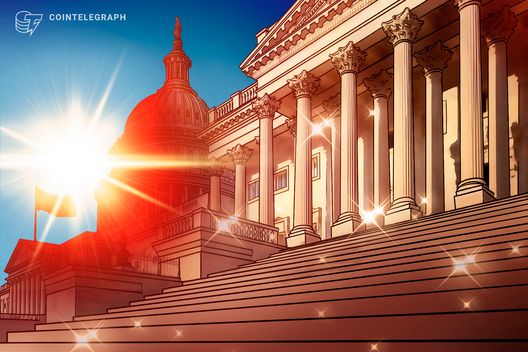
In a surprising turn of events, the House of Representatives has included a provision in a massive 1,300-page bill on defense policy that would prohibit the Federal Reserve from issuing a digital currency. This move has sparked debate and speculation within the crypto community and among policymakers.
The provision, buried within the extensive National Defense Authorization Act (NDAA), caught many by surprise as it was not widely discussed or debated prior to its inclusion in the bill. The language of the provision appears to prevent the Federal Reserve from developing or implementing any form of digital currency.
The Federal Reserve, the central bank of the United States, has been exploring the possibility of creating a digital version of the US dollar, often referred to as a central bank digital currency (CBDC). Proponents of a CBDC argue that it could provide benefits such as increased financial inclusion, lower transaction costs, and improved transparency in the financial system.
However, critics of a central bank digital currency raise concerns about privacy, government overreach, and the potential for increased surveillance of financial transactions. The inclusion of this provision in the NDAA reflects some of these concerns and indicates that there is division among lawmakers on the issue of a digital dollar.
The move to ban the Federal Reserve from issuing a digital currency comes at a time when other countries, such as China, are making significant progress in developing their own CBDCs. China's digital yuan, for example, is already being tested in several cities and is seen as a potential challenge to the US dollar's dominance in the global financial system.
It is unclear what impact this provision in the NDAA will have on the Federal Reserve's efforts to explore a digital currency. The central bank has been conducting research and pilot programs to better understand the implications of a CBDC and how it could potentially benefit the US economy.
The inclusion of this provision in the defense policy bill highlights the increasing importance of digital currencies and the need for policymakers to grapple with the implications of their development. As the world moves towards a more digital and interconnected financial system, the debate over central bank digital currencies is likely to intensify.
As the NDAA makes its way through the legislative process, it will be interesting to see how lawmakers address this provision and what implications it may have for the future of digital currencies in the United States.

Leave a Reply